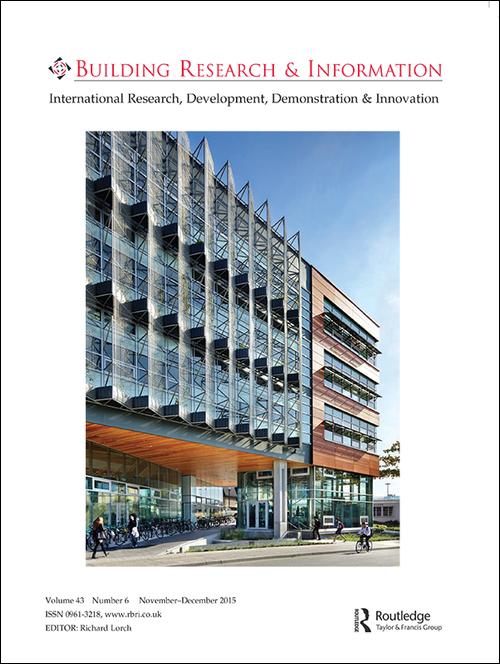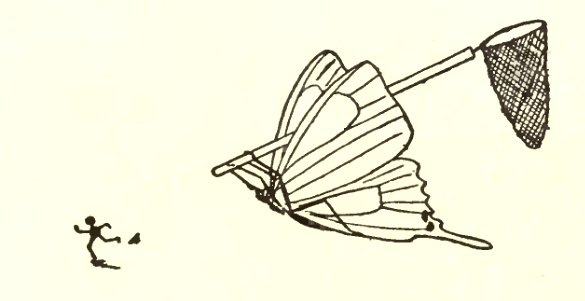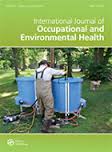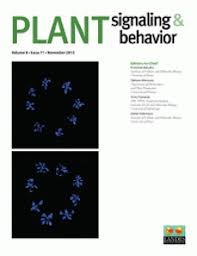 Less than a year after the entire editorial board of a public health journal resigned in protest of moves by publisher Taylor & Francis, the publisher has decided to call it quits for the journal, Retraction Watch has learned.
Less than a year after the entire editorial board of a public health journal resigned in protest of moves by publisher Taylor & Francis, the publisher has decided to call it quits for the journal, Retraction Watch has learned.
In November, the editorial board resigned en masse because its members were unhappy with how the publisher had chosen a new editor, Andrew Maier, who had ties to industry. Maier is chair of the fellows program at Toxicology Excellence for Risk Assessment (TERA), which they described as a “corporate consulting firm” in a letter to Taylor & Francis. What’s more, now-former members protested the unexplained withdrawal — after publication — of a paper by the previous editor, David Egilman about how companies use research to “manufacture doubt about the health hazards of products.”
Recently, the journal has been contacting authors who submitted manuscripts to tell them that Continue reading Months after an editorial mutiny, publisher decides to shutter public health journal
 In 2015, a group of researchers based in Spain decided to write a review article on high blood pressure. But when they looked over eight articles co-authored by the same person, they noticed some undeniable similarities.
In 2015, a group of researchers based in Spain decided to write a review article on high blood pressure. But when they looked over eight articles co-authored by the same person, they noticed some undeniable similarities.  When the former editor of a public health journal didn’t get a straight answer about why the journal retracted his paper that was critical of corporate-sponsored research, he brought his concerns to
When the former editor of a public health journal didn’t get a straight answer about why the journal retracted his paper that was critical of corporate-sponsored research, he brought his concerns to  The editorial board of an architecture journal has resigned en masse after the publisher announced it plans to terminate the editor’s contract at the end of this year.
The editorial board of an architecture journal has resigned en masse after the publisher announced it plans to terminate the editor’s contract at the end of this year. Title:
Title: 
 After the editorial board of a public health journal
After the editorial board of a public health journal  Oops.
Oops. 